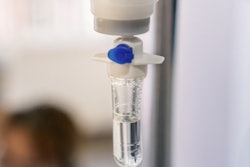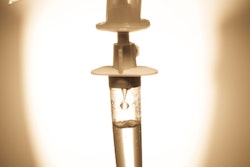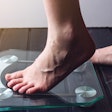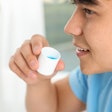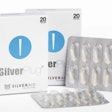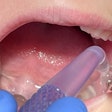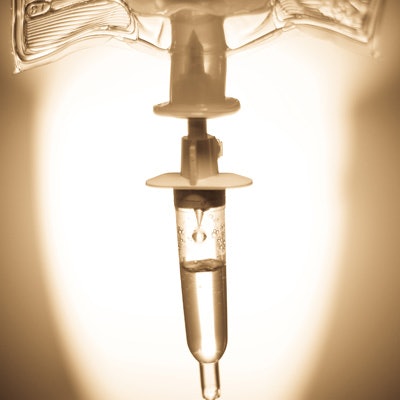
Propofol is one of the most used drugs for general anesthesia, but the findings of a new study suggest that the medication may also be beneficial for conscious sedation. Researchers from the U.K. found that propofol helped anxious adolescents successfully receive dental treatment while awake.
The adolescents reported positive experiences following conscious sedation with propofol, and the vast majority said they would undergo their dental procedures again. The results suggest that propofol target-controlled infusion (TCI) may be a safe alternative to general anesthesia for some patients, the researchers noted. They published their findings online on October 8 in European Archives of Paediatric Dentistry.
"Propofol can be used as a safe alternative sedation modality for the dental treatment of adolescent patients presenting with complex needs and/or dental anxiety as it allows increased provision of treatment per visit with positive reported patient outcomes," wrote the authors, led by Carly Dixon, BDS, a clinical lecturer of pediatric dentistry at the University of Manchester School of Medical Sciences.
Conscious sedation is typically achieved through nitrous oxide and oxygen; however, this combination may not be ideal for patients with severe dental anxiety or who need complex treatment. For these patients, dentists may use general anesthesia, which is typically safe but can have severe adverse effects.
The researchers wondered whether controlled infusion of propofol could be a good alternative to deeper levels of sedation for these patients. They tested the method with about 50 children between the ages of 12 and 16 who visited a U.K. dental hospital for treatment. All the adolescents were anxious about dental treatment but were also willing to give conscious sedation with propofol a chance.
The adolescents underwent a variety of dental treatments, with an average treatment time of 32 minutes. The dentist and anesthesiologist reported that most patients exhibited positive behavior and good cooperation. Only two patients had their treatments interrupted due to cooperation issues, and in both instances, treatment was eventually completed.
Conscious sedation with propofol also appeared safe. One patient's oxygen levels dropped to 83% peripheral pulse oximetry (SpO2) during the placement of a dental filling, but the patient's oxygen levels recovered to 100% within 30 seconds. In addition, the average SpO2 recording was 98.12%, and all patients recovered without any severe adverse events.
"The majority of patients reported no initial sedative side effects following discharge from the hospital, with 40.8% of patients reporting side effects the following day," the authors reported. "Drowsiness was the most common side effect following sedation, and pain at cannulation."
Overall, the patients reported positive experiences with conscious sedation. For many patients, the worst part of the experience was the administration of propofol through an IV, although 90% said they would repeat their dental procedures.
"It was highlighted that patients were satisfied with the treatment provided, with several noting an improvement in their oral health, including the management of symptomatic teeth," the authors wrote.
Conscious sedation with propofol may be a safe way to treat adolescent patients with dental anxiety or other complex needs, the authors concluded. However, future studies are needed to compare propofol target-controlled infusion with other interventions.
"Propofol TCI sedation is an effective treatment modality for the management of dentally anxious adolescents as a safe alternative to general anesthesia, allowing the opportunity for increased provision of treatment per visit on those patients with a high dental need," the authors wrote. "Further randomized controlled trials comparing propofol TCI to other pharmacological managements are required."




